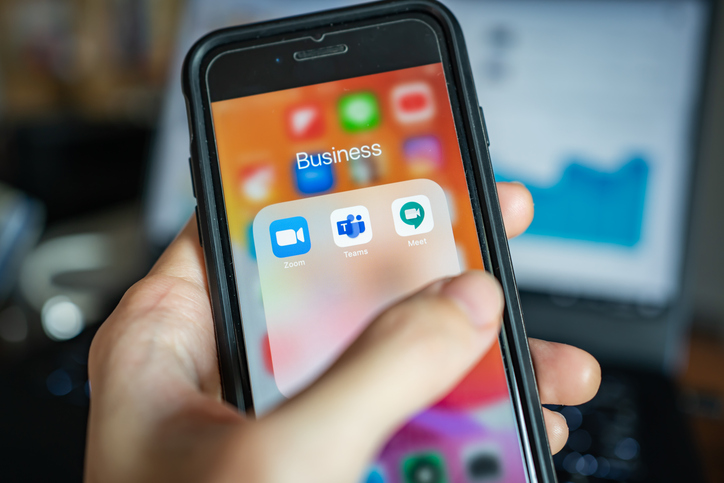3 June 2004 Sun Microsystems’ chief operating officer Jonathan Schwartz has promised that Sun will release the source code to its Solaris software at an indeterminate point in the future — further confusing Sun’s message on open source software.
“I don’t want to say when that will happen,” Schwartz said at the SunNetwork conference in Shanghai. “But make no mistake: we will open-source Solaris.” Sun will develop new partnerships to “continue to grow the community in both the open-source and closed-source world,” he added.
Solaris is a Unix-based server operating system and mainly runs on Sun’s own UltraSparc platform. The surprise announcement by Schwartz is indicative of how seriously the company has been challenged by the rise of Linux.
As recently as February, Sun executives said they would maintain the “unfashionable” line of keeping their key product codes to themselves. Sun also open sourced its Star Office suite in 2000 — before taking future versions back into the closed source world just two years later.
It also sells a desktop operating system based on Linux, which it confusingly calls the Java Desktop System, but Solaris is much more central to Sun’s portfolio.
However, the comparison Schwartz made with the way its proprietary Java technology is developed has thrown some doubt over Sun’s definition of ‘open source’. “Java could not exist if only Sun is supporting it. It exists because there are hundreds and thousands of partners. We need to now take the model with Java and bring it to Solaris,” he said.
Sun has been under pressure to release Java into the open source community for some time. It has resisted, claiming it would result in harmful ‘code forking’ – creating several different versions of the same software.
As such, observers have suggested that Sun will release Solaris code under a much stricter licence than is typically associated with open source. No details of this licence, or what components of Solaris will be released, have been announced.
Other recent claims from Schwartz suggesting that Sun will give away hardware with a subscription to software has caused confusion as to how Sun will generate revenue, if Solaris was also available for free. “We have hardware, storage, services and support. What we are doing is taking that whole thing and selling that whole thing,” Schwartz said in response.
Even with such drastic measures, some observers regard Sun’s action as “too little too late” to make up the ground lost to Linux. “If [Sun] doesn’t get this done within six months, it’s not going to matter at all because Linux is advancing too fast,” Eric Raymond, founder of the non-profit Open Source Initiative, told IDG.









